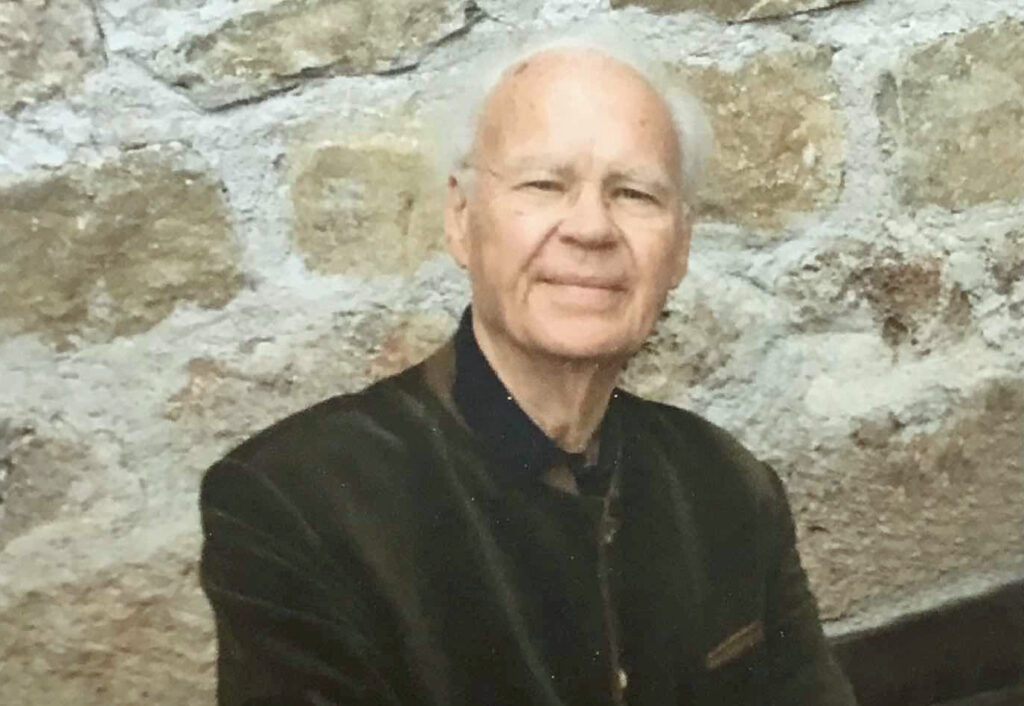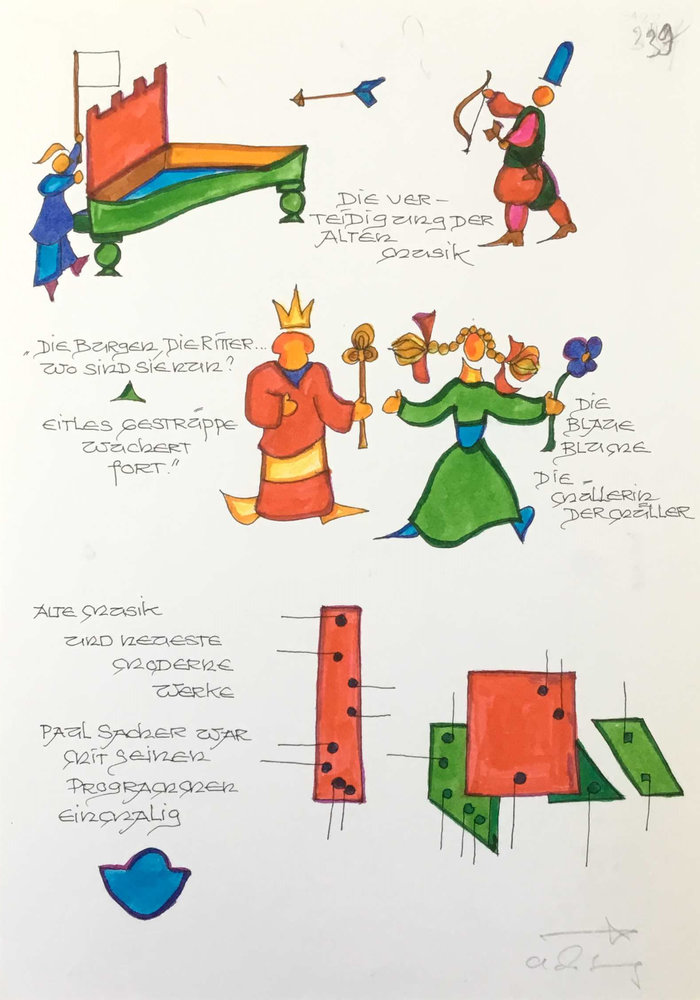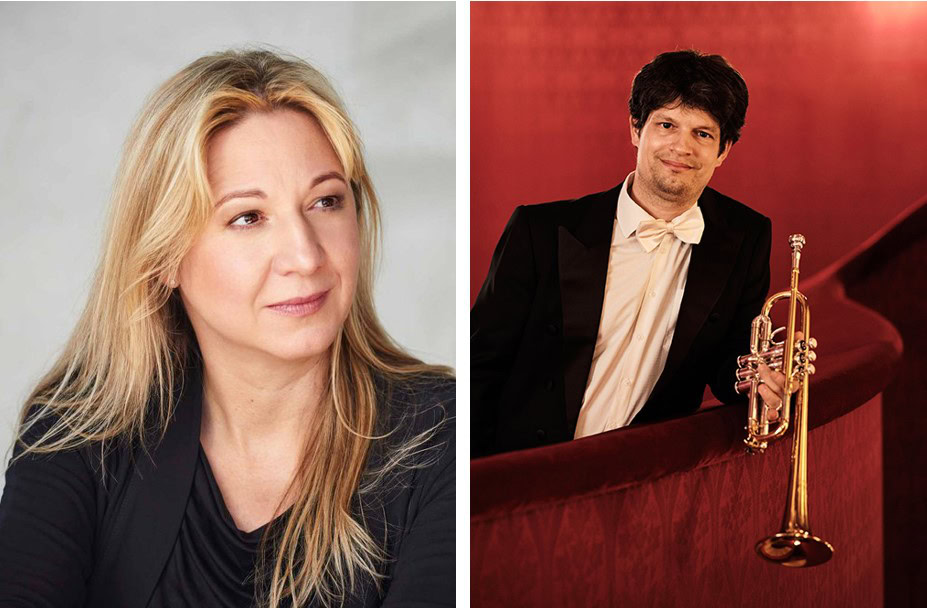Kurt Widmer - a universally informed singer
The internationally acclaimed Swiss baritone and vocal coach Kurt Widmer has died in Basel at the age of 83.

His master classes were special experiences for both performers and listeners. He carried rolls of paper and colored pencils in his luggage like a drawing teacher. Instead of having passages sung, he gave pointers on postures, tensions, positions and corrected misalignments from the top of the head to the sole. The balance of the supporting and free leg, the shift in weight were balanced, the breath was brought into flow; "cantare sul fiato" - singing on the breath - "stare su una barca ancorata" - standing on an anchored boat. "All joints run in circular paths" - the model was Leonardo da Vinci's Vitruvius Man. The students were asked to trace the ambitus of their voice in circles. The effect was striking. The singers straightened their posture, leaning their spine and chest: "appoggiarsi alla testa - appoggiare in petto". With a smile of redemption, the intended goal was achieved.
This was the master's art of transmission and the dissolution of fears and blockages. Widmer documented the relationship between movement and sound in 2018 in the large-format book "Gesang ist innerer Bewegung Klang". Salvador Dalí's burning giraffe, this apocalyptic monster in small format, provided the surreal cover image for the bold title: And nobody notices that the giraffe is on fire (Cardamina-Verlag).
From Machaut to Kurtág
Kurt Widmer was a gifted singer on the podium. He premiered 100 works over the course of half a century. His repertoire ranged from Guillaume de Machaut to György Kurtág, who composed Hölderlin songs for the baritone, spanning seven centuries. His discography reveals the stylistic range: from J. S. Bach's St. John Passion to Zemlinsky's Dehmel Lieder, in between Charpentier's Magnificat, Graun's Death of JesusSchoecks PenthesileaSchubert's Winter journey, Zelenkas Lamentationes Jeremiae Prophetae.
Apart from romantic opera, there are virtually no gaps. One is now filled by his daughter-in-law Cecilia Bartoli, who has taken over the direction of the Opéra de Monte-Carlo together with her son Oliver Widmer. And speaking of family, Kurt Widmer and his wife Ursula Widmer-Bösch were still able to celebrate their diamond wedding anniversary. She stood by his side for the rest of his life, took care of the household and drove him by car to performance venues and courses. Four children were born to the couple: one daughter is a doctor, one is in the car industry, the youngest works as a food scout; the son was engaged at the Zurich Opera House.
An omniscient
Widmer's house in Basel's Sankt Johanns quarter was a meeting place for society and music, where singing was accompanied on grand pianos, historically oriented on the fortepiano. He met with the author Hansjörg Schneider at the fountain in front of the gate or, depending on the weather, in the Rosenkranz around the corner. Pub stops like in Schubert's time.
Widmer was a universally informed scholar. He had a lot to say at length about every educational topic and every personality. He liked to interrupt the flow of conversation with the terse remark: "As you know!"
Widmer was also an extremely talented, imaginative calligrapher. Looking at the artfully handwritten and illustrated memories of his family, it was impossible not to be amazed. Every character an inch of beauty; every letter a picture; every word a unit; every letter a precious dedication. Works of art from the rich fund of imagination and drawing skills in color and form. Widmer was a baroque man and a surrealist who drew on the abundance of past and present. He possessed a wide-ranging talent for interpreting words and illustrating music.

A pilgrimage of song
His achievements, awards and importance in Swiss musical life can only be listed in summary. His journey took him from the Tonhalle in his native town of Wil in St. Gallen to the concert halls of the world, on whose stages he performed: a pilgrimage of song, also of cheerful enjoyment at richly laid culinary tables. The harvest of his decades of teaching at the Basel Music Academy, the "Schola Cantorum Widmeriana", was the awarding of over 120 diplomas to singers who were to make a career for themselves. An extension of his teaching until the end were the master classes from Bolzano to Vaduz, from Moscow to Tokyo.
The circle of this truly full life for art singing has come full circle. Half a hundred former students came to the funeral service in Basel's Leonhardskirche to pay their musical respects to the deceased. A life's work has been accomplished.








